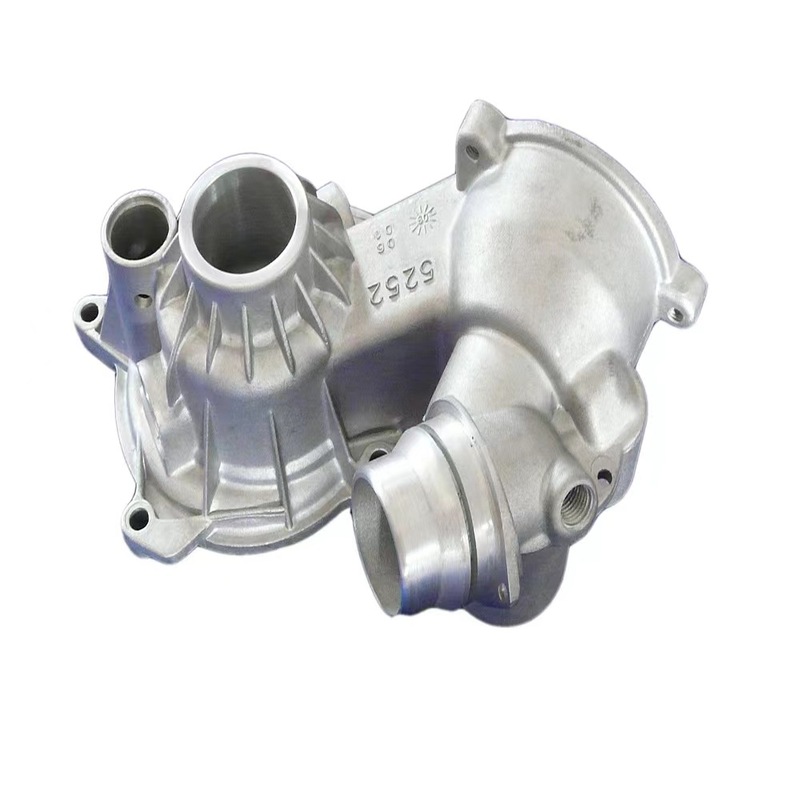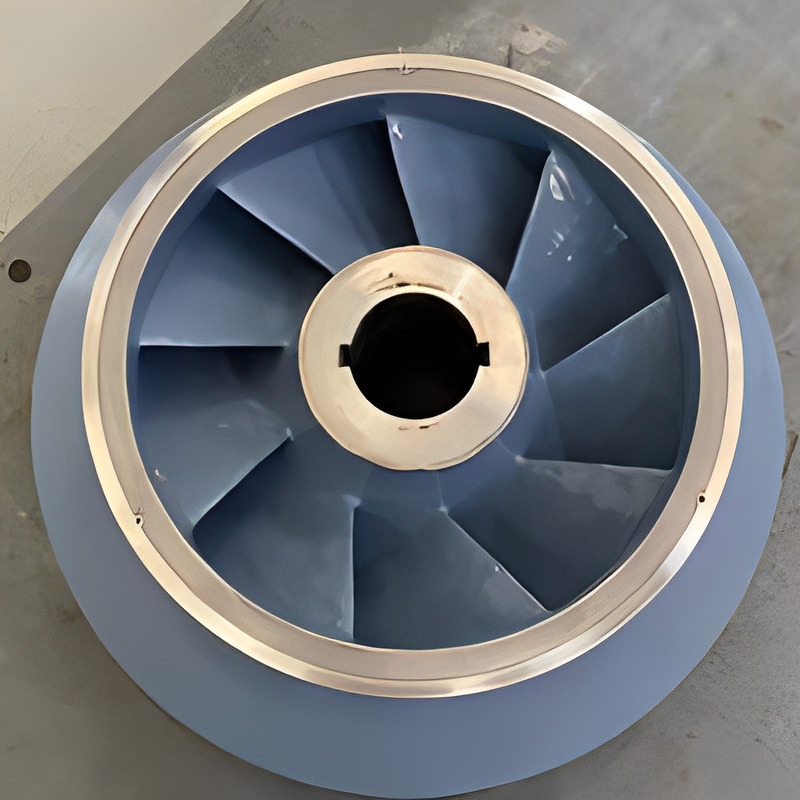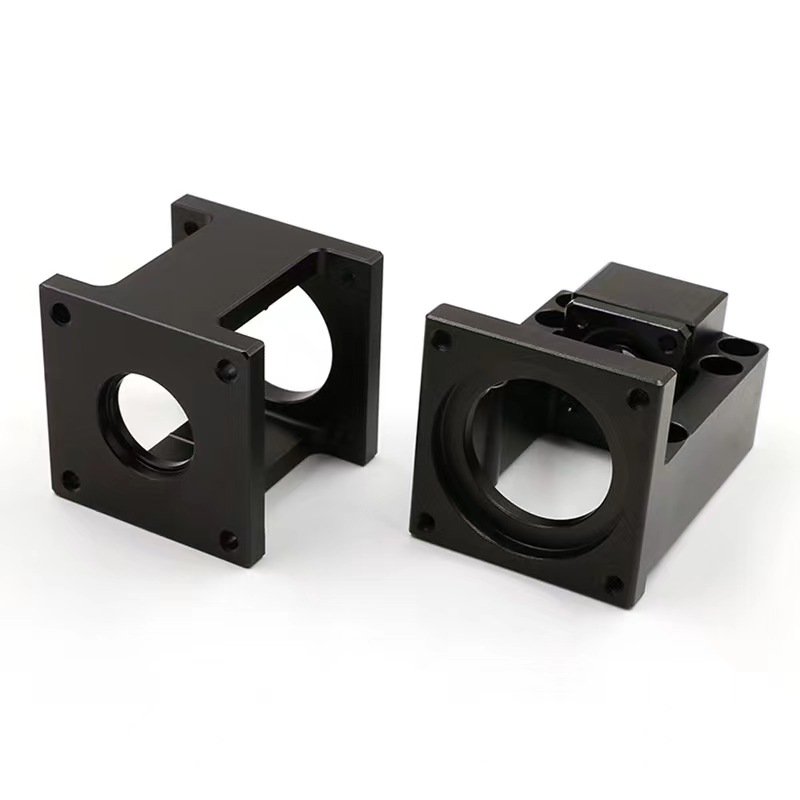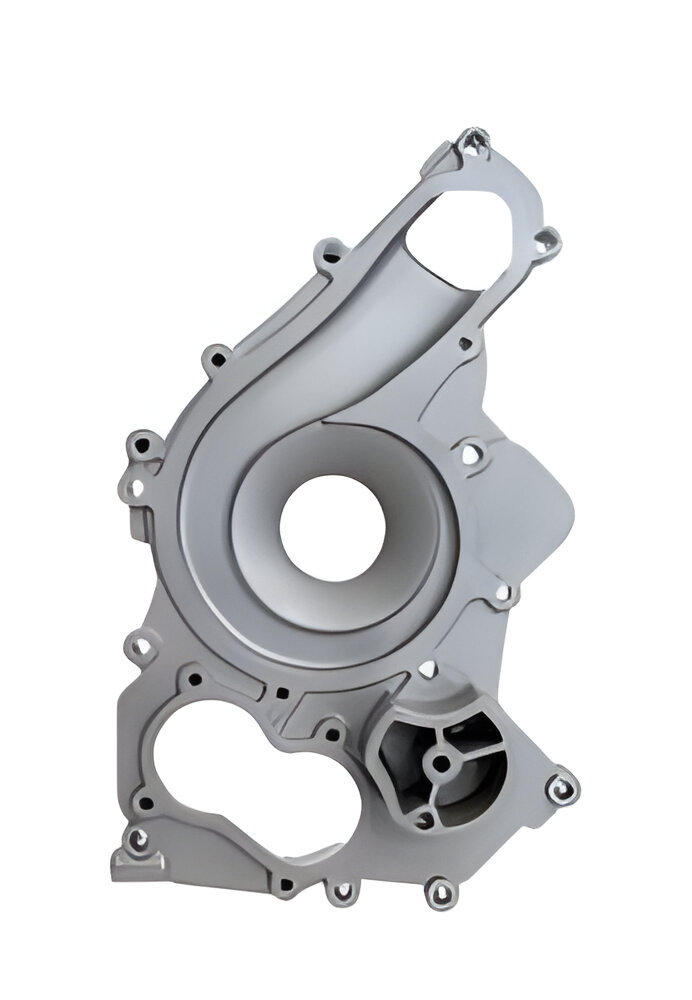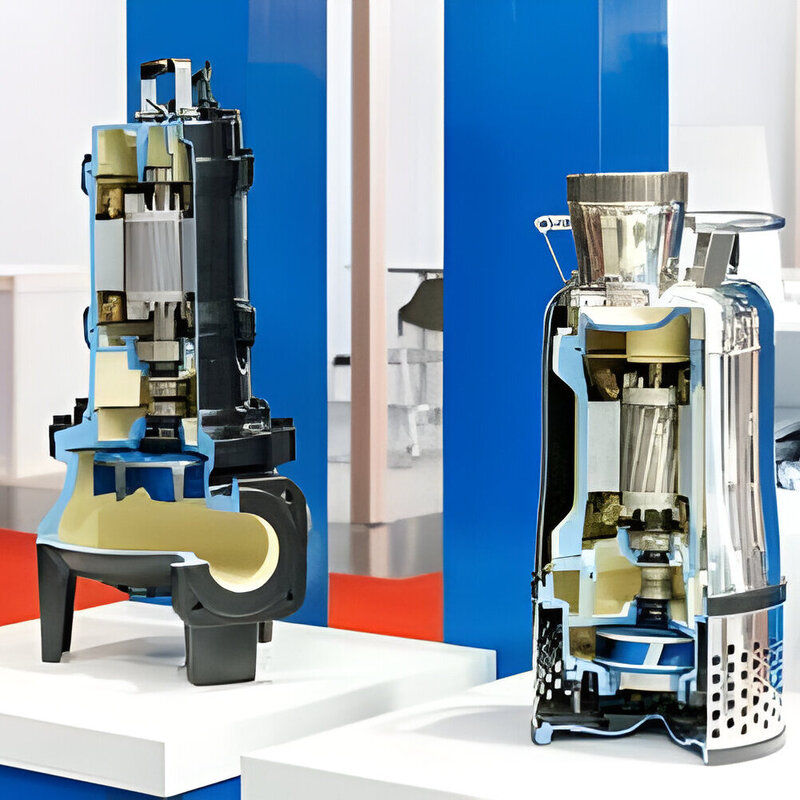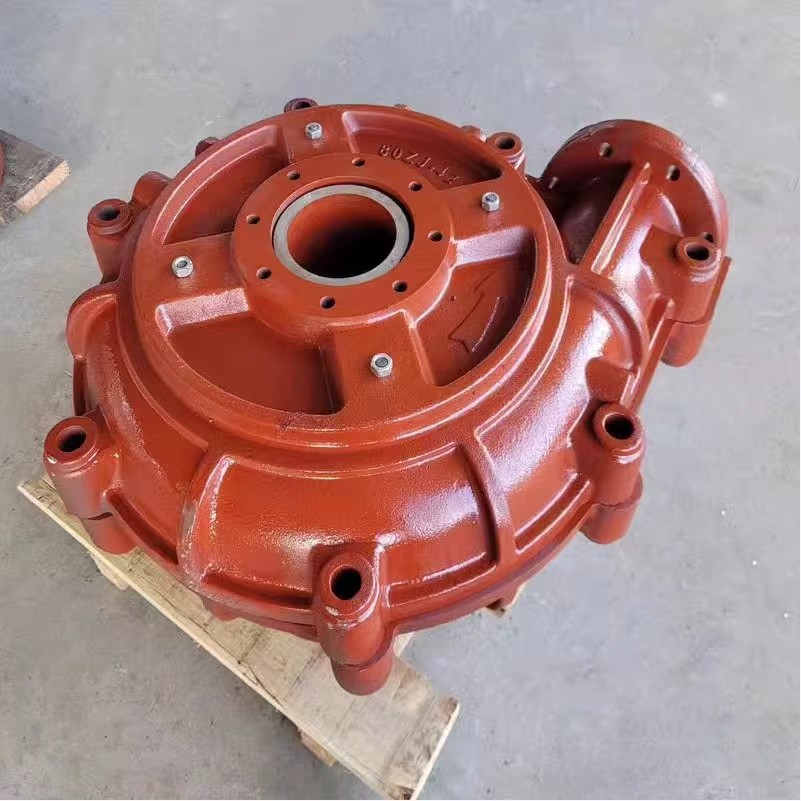Oil pump houses are fundamental components within various industrial systems, serving as the protective enclosures for oil pumps. In this article, we explore the significance of oil pump houses, their functions, and why selecting the right one is crucial for optimal machinery performance.
Understanding Oil Pump Houses
Oil pump houses, also known as oil pump housings, are integral to the operation of machinery reliant on lubrication systems. They provide a secure enclosure for the oil pump assembly, safeguarding it from external elements and facilitating its efficient operation.
Functions and Importance
The primary function of an oil pump house is to protect the oil pump assembly from damage caused by debris, contaminants, and environmental factors. By providing a sealed environment, the house ensures that the pump operates smoothly without interference, thus prolonging its lifespan and reducing maintenance requirements.
Moreover, oil pump houses contribute to the efficient operation of machinery by maintaining the optimal temperature within the pump assembly. Heat generated during pump operation can degrade lubricants and lead to component wear. The housing helps dissipate this heat, preserving the integrity of the lubrication system and ensuring consistent performance.
Selecting the Right Oil Pump House
Choosing the appropriate oil pump house is essential for maximizing machinery efficiency and longevity. Several factors must be considered during the selection process, including material composition, compatibility, and environmental conditions.
Material Composition
Oil pump houses are commonly constructed from materials such as cast iron, aluminum, or steel, each offering distinct advantages. Cast iron houses are renowned for their durability and resistance to corrosion, making them suitable for demanding industrial environments. Aluminum houses, on the other hand, are lightweight and offer excellent heat dissipation properties, making them ideal for applications where weight and temperature management are critical.
Compatibility and Fitment
When selecting an oil pump house, compatibility with the pump assembly and machinery is paramount. The house must be engineered to accommodate the specific dimensions and specifications of the pump, ensuring a secure and snug fit. Additionally, factors such as mounting provisions and sealing mechanisms should be considered to prevent leaks and maintain the integrity of the lubrication system.
Environmental Considerations
The operating environment plays a significant role in determining the suitability of an oil pump house. Factors such as temperature extremes, exposure to chemicals, and vibration levels can all impact the performance and longevity of the housing. Therefore, it is crucial to choose a housing that can withstand the rigors of the operating environment without compromising functionality or durability.
In conclusion, oil pump houses play a vital role in ensuring the efficient operation of industrial machinery reliant on lubrication systems. By providing a protective enclosure for oil pump assemblies, these houses help safeguard critical components from damage and maintain optimal operating conditions. When selecting an oil pump house, considerations such as material composition, compatibility, and environmental factors should be taken into account to maximize machinery efficiency and longevity.

